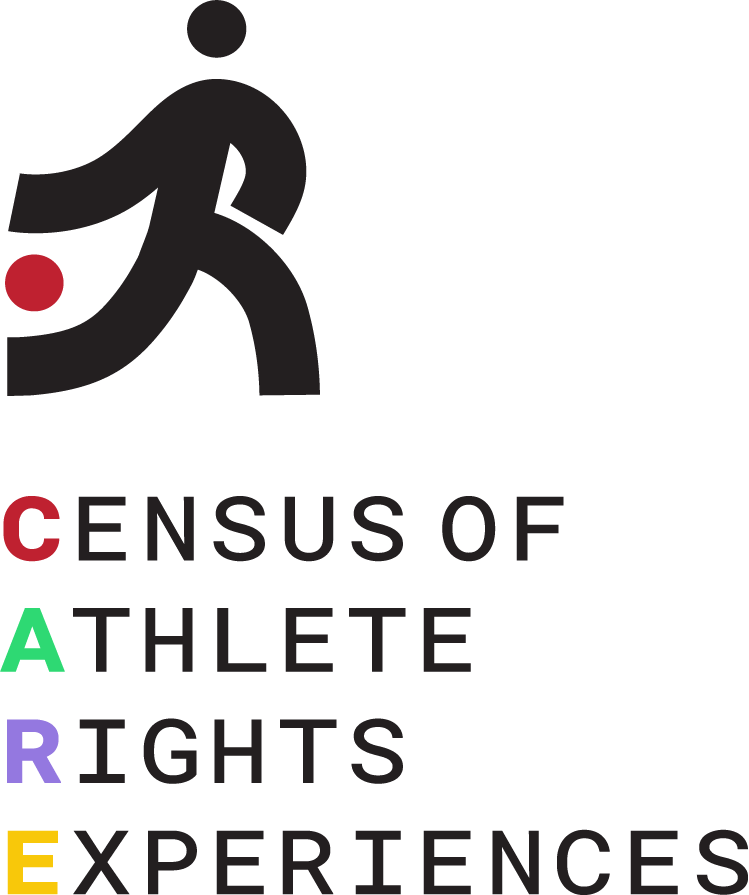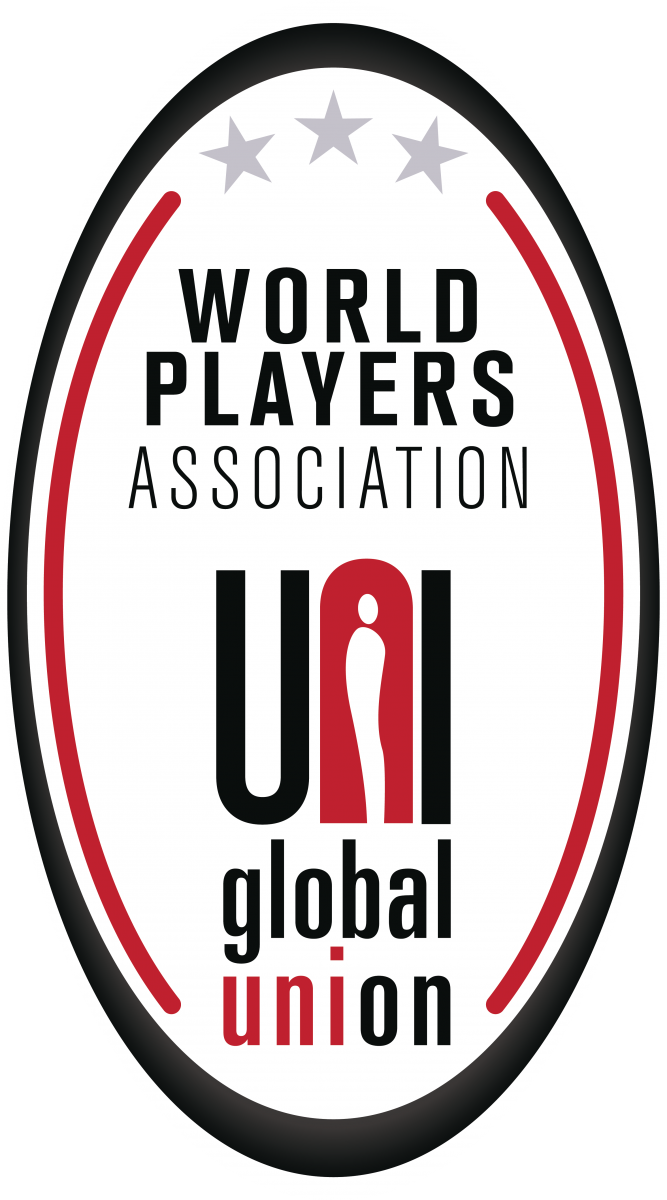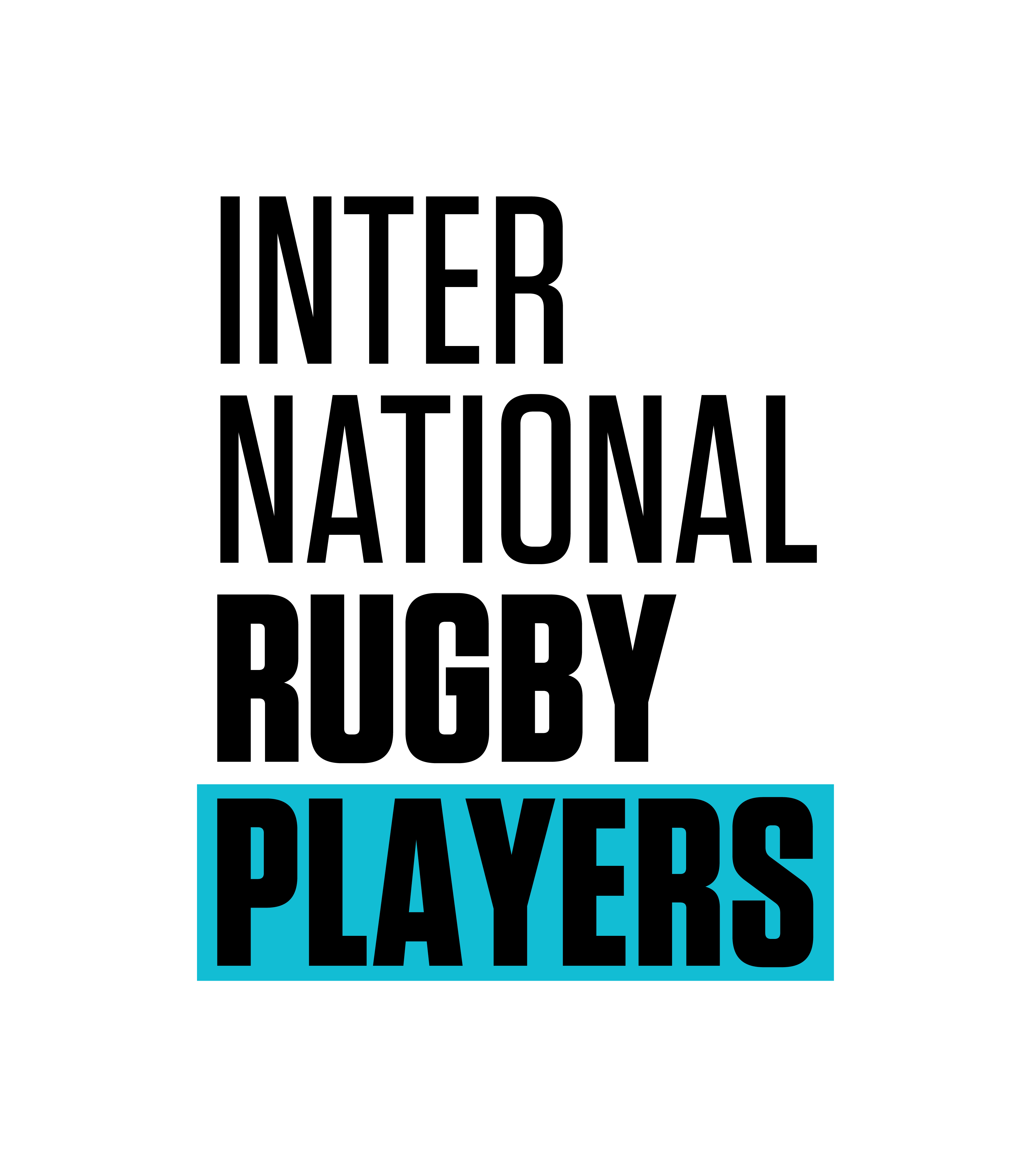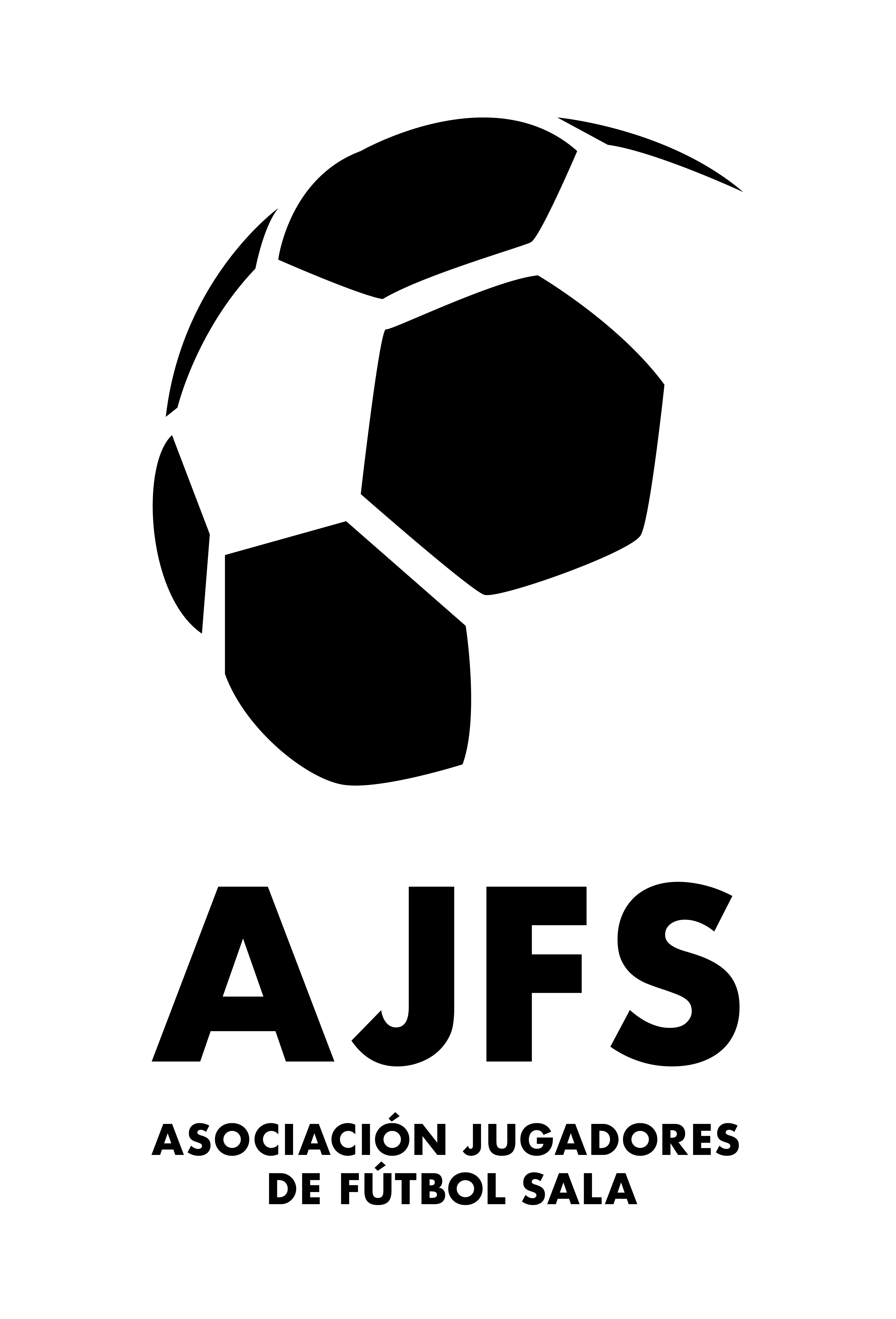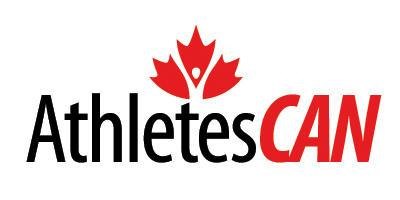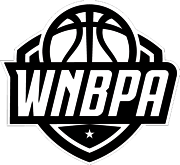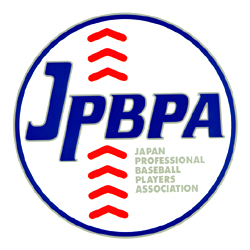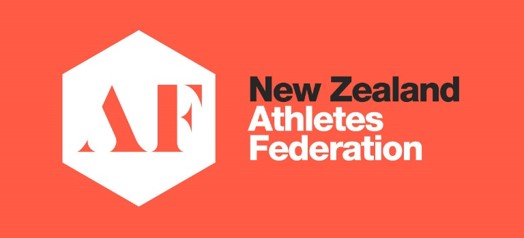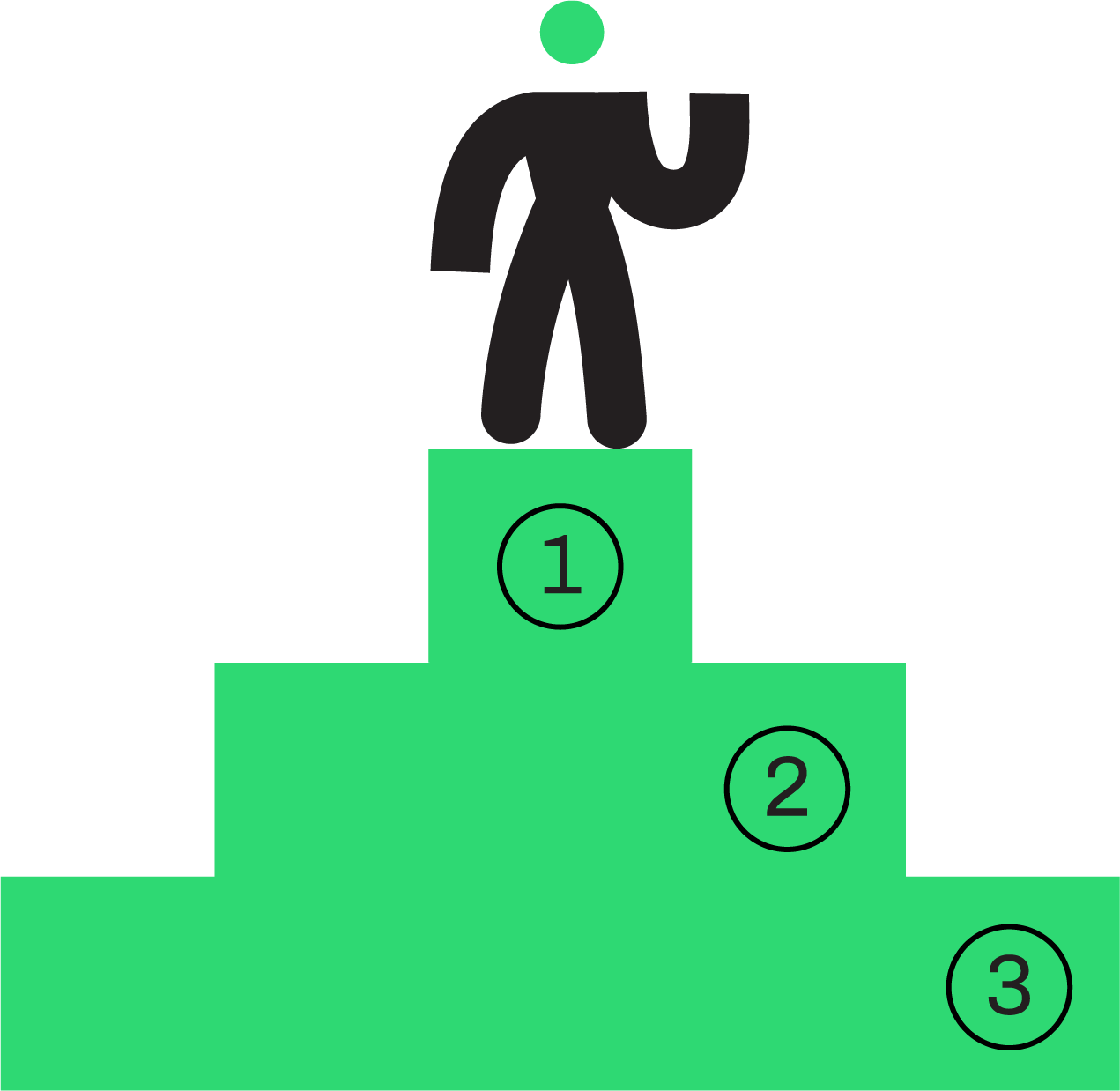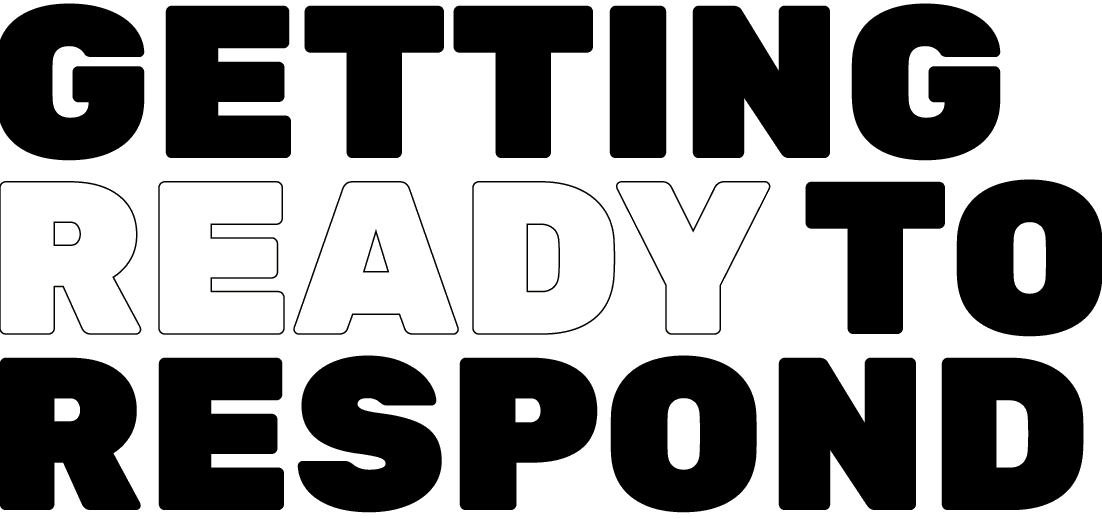Everyone has a role to play to help embed these pillars throughout sport to ensure that the rights of all children are always respected: sports organisations, governments, civil society and trade unions, player associations, sponsors.
The RIGHTS pillars for building sport
which respects the rights of all children
OTHER REPORTS AND RESOURCES
• Gigi Alford, Sport should commit to international standards for child protection (Play the Game): Full text
• World Players statement from Executive Director Brendan Schwab on safeguarding the rights of child athletes: Watch video
• Equal Times article by World Players Director of Sport and Human Rights, Gigi Alford: “Child athletes lose big on lagging rights in sport”
• World Players Declaration on Safeguarding the Rights of Child Athletes: Full text and Infographic
• AthletesCAN, a World Players Association associate affiliate, and University of Toronto study: Prevalence of Maltreatment among Current and Former National Team Athletes in Canada
• Child Rights International Network guest article from Play the Game/Danish Institute for Sports Studies on need for more research on childhood experiences in sport: "Victims or winners: Why children’s rights should be the next big issue for sport"
• Child Rights International Network guest article from Play the Game/Danish Institute for Sports Studies on need for more research on childhood experiences in sport: "Victims or winners: Why children’s rights should be the next big issue for sport"
• International Safeguards for Children in Sport: Full text
